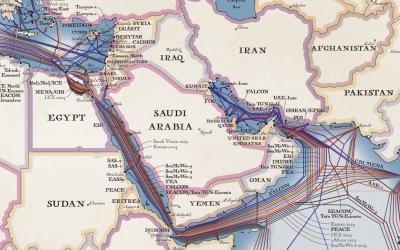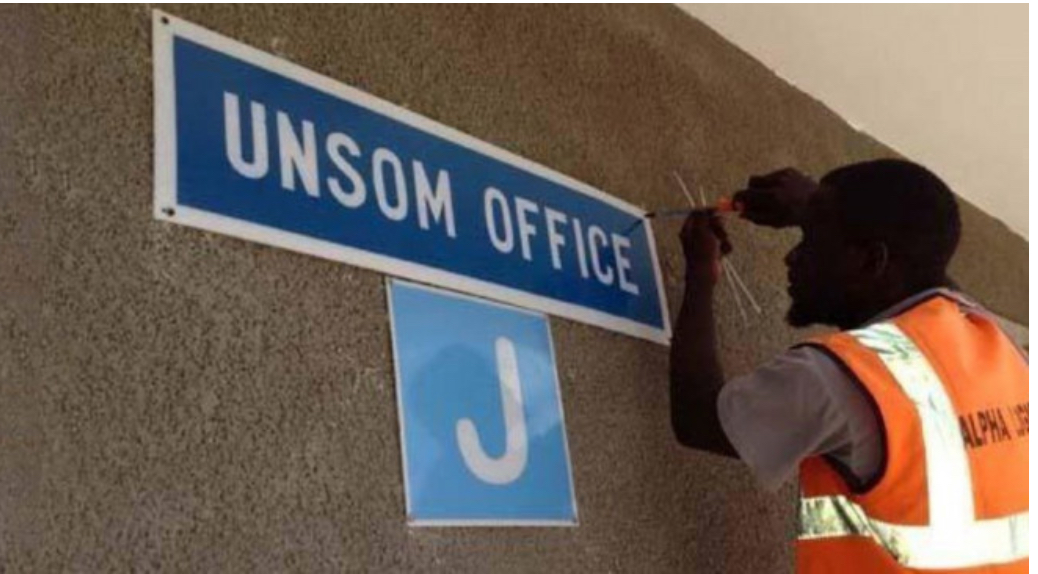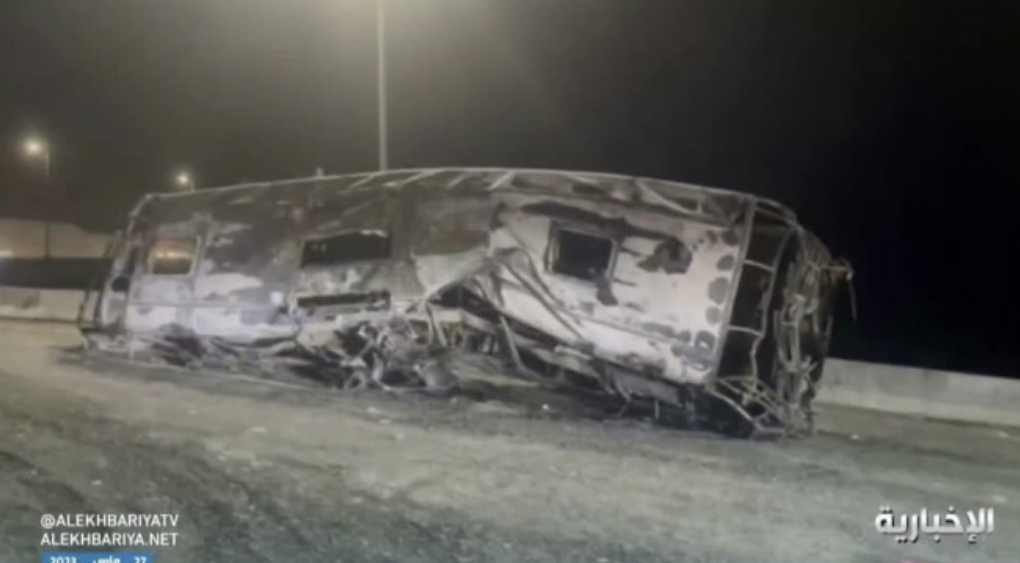Share the post "Cable firms eye Eritrea as Houthi Attacks Threaten Red Sea Internet Traffic.."
The Red Sea is the top security concern of the global submarine cable industry, with broken cables unable to be repaired or new cables to be laid, causing the industry to scramble to find alternative pathways to keep one of the world’s major internet routes operational Since November, Yemen’s Houthis have been targeting shipping linked to Israel’s allies in the Bab al-Mandab strait in response to Israel’s war on Hamas in Gaza..
In early March, three submarine fibre optic cables were cut following a Houthi missile strike on a British-owned vessel, the Rubymar, off the coast of Yemen, Experts attribute the damage to the crippled ship’s anchor ripping through the cables as it drifted northwards following the attack on 18 February, Those cables have remained out of service and unreachable on the sea bed, while plans to lay five new cables, which were due to have been laid through the Red Sea to increase capacity, remain on hold.
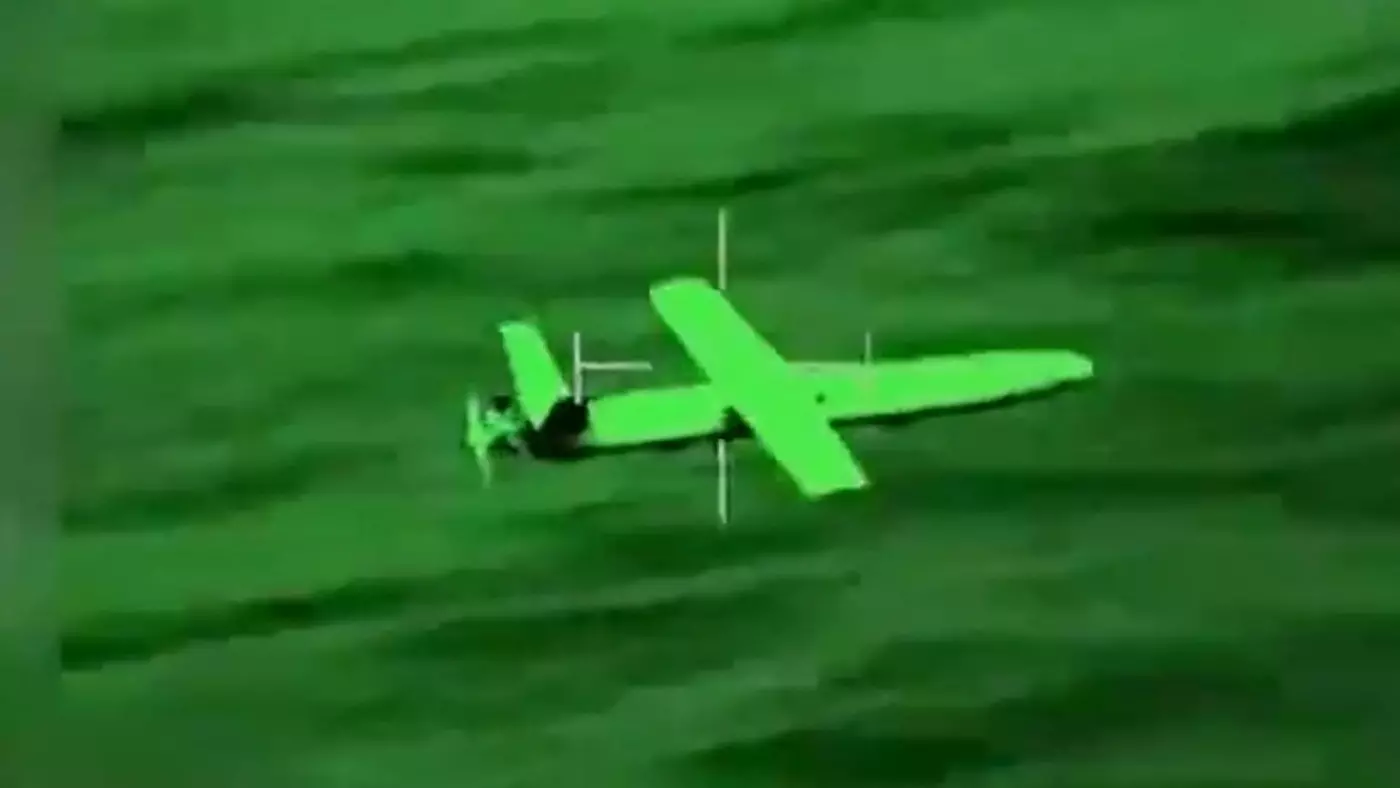
Some firms are now looking to Eritrea as offering a possible route bypassing Yemeni waters along the Red Sea’s western shore. But industry insiders say the secretive and autocratic state is not even acknowledging their approaches, with one describing it as a “black hole”.
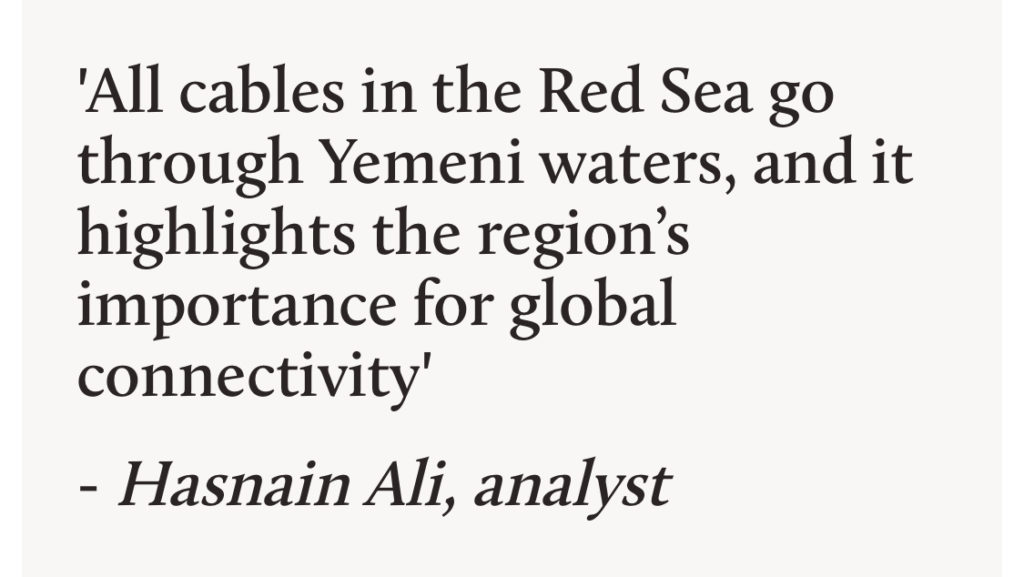
Fifteen cables run through the Red Sea, which handles over 90 percent of all Europe-Asia internet capacity, While there is spare capacity on the other cables to carry the traffic of the damaged cables, the cables themselves cannot currently be repaired due to the high cost of insuring repair ships as well as a shortage of such vessels worldwide.
AI demand surge
The five new cables, which have been delayed, are needed to meet the surging demand for internet capacity caused by heightened use of AI, cloud storage and the digital drive of Gulf countries to establish new data centres.
Current capacity is some 320 terrabytes of data (Tb), while there is 1,300 Tb planned, according to Ali, While the situation in the Red Sea is not yet considered a crisis, it has been a wake-up call for the industry and governments, with submarine cables increasingly viewed as critical infrastructure, given they carry over 95 percent of global internet traffic.
“The political risk map [for the cable industry] was academic, now it’s a reality, particularly through Red Sea,” said Rosalind Thomas, managing director and CEO of SAEX International, which is developing a cable from Singapore to the US East Coast via Cape Town, South Africa, avoiding the Red Sea.

